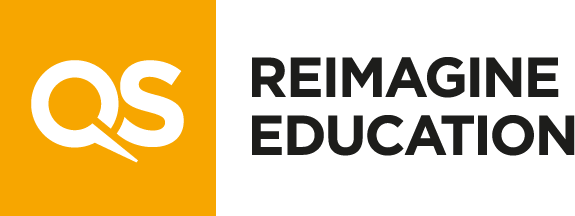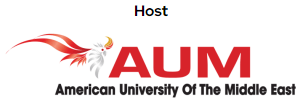THE EDTECH PODCAST: ON THE ED INNOVATION LANDSCAPE
SANFORD FIT: REIMAGINING HEALTH EDUCATION
Tecnológico de Monterrey is a Mexican private non-profit university funded in 1943. It is a comprehensive university, accredited by SACS in the USA, and recognized worldwide for the entrepreneurial spirit of its alumni (according to the Princeton Review-Entrepreneur Magazine, Tecnologico de Monterrey occupied the 17th position in 2017 Undergraduate Entrepreneurship Ranking).
Its vision is
“To educate leaders with an entrepreneurial spirit, a humanistic outlook and international competitiveness.”
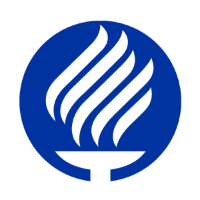
Tecnológico de Monterrey is also recognized for its cutting-edge educational model, and for being at the forefront of educational innovation. Just to mention one example, the TEMOA (www.temoa.info) portal offers an open and multilingual catalog of Open Educational Resources and it is recognized by the Inter-American Development Bank (IDB) as one of the 50 most innovative educational innovations that are transforming Latin America. The portal is located at number 20 by GRADUATE XXI (www.graduatexxi.org), an IDB initiative, whose objective is to promote creativity and solutions through innovation that generate a multiplying and transformative effect. TEMOA was also a winner as Outstanding site of the Open Education Awards for Open Excellence Education Consortium.
Tecnologico de Monterrey new educational model, TEC 21, aims to improve the competitiveness of its students in their chosen field of study. Through developing skills required to become leaders they will face, successfully, twenty-first century challenges and opportunities. This model is comprised of four pillars:
- Challenge Based Learning, where our students develop disciplinary competencies while solving real world challenges with companies, government entities and NGO’s.
- Flexibility in the how, when and where our students learn, leveraged by technology
- A memorable higher education experience that will provide an experience of professional and personal growth.
- Inspiring faculty, where our professors are agents of positive change, innovators, and use technology as a teaching aid
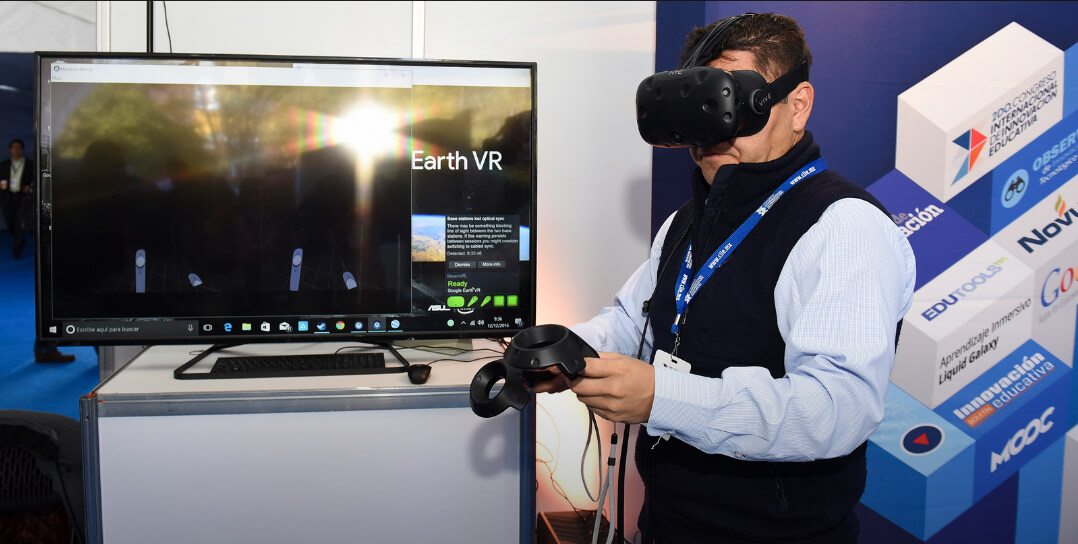
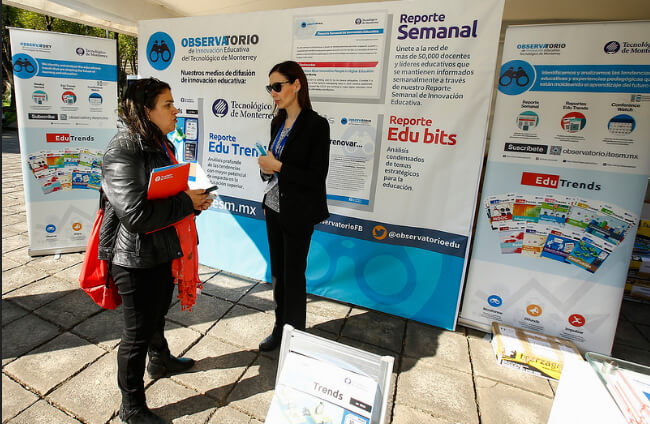
The TEC 21 model includes breakthrough innovations in and out of the classroom, such as
- Semestre i – a challenge-based semester without traditional courses-,
- Semana i – students work in solving a real challenge in an academic or enterprise environment; in 2016 students collaborated on 1,435 projects, 54% of them linked to organizations (enterprises, NGO, governmental offices and research centers) who shared challenging situations that students assisted with advice from their teachers.
- FIT Courses; FIT stands for: Flexible, Interactives and with Technologies. These are courses that can be offered at national level (professors and students can be in different campuses), using different technologies for implementing the course.
- Innov@te classrooms
- MOOC courses
- CEDDIES – teaching and learning centers designed to help our faculty innovate in the classroom.
The “Innovation Challenge Week for Healthcare”, a project presented in Re-imagine the Education 2016, is an example of the “Semana i” implemented projects. The challenge was for the medical students: solutions to 10 health problems (cancer, diabetes, mental health, among others) had to be proposed based on perspectives outside the medical context; they visited the business process of several companies at the Technological Park in Monterrey (ie: ham and meat production, 3D printing and modeling, packaging, optical systems, synthesis of diamonds based on tequila). Final proposals were presented in poster format, and a team of professors evaluated the competencies acquired by the students. Some of the innovative proposals presented were: a) Osteoporosis in a senescent world: seeking solutions through material engineering; b) Detecting errors in cold chain, in vaccines; c) Nanodiamonds of tequila: a brilliant treatment for cancer; d) Early detection of lung cancer through breath-based screening.
To support TEC 21 educational model, we have developed an ecosystem that was enriched by participating in the QS Reimagine Education community (more than 46 projects were submitted to the conference during the last three years, 19 were shortlisted, and 7 awarded). One central element of this ecosystem is TecLabs, an innovation unit in charge of designing, experimenting and developing disruptive learning models in order to further the future of higher education. Within TecLabs, there are other initiatives such as:
- Observatory of Educational Innovation, devoted to the analysis and dissemination of educational trends that are shaping the future of education and learning. Subscription to its services are free, and all its products are under produced under the Creative Commons license.
- International Conference on Educational Innovation, a conference to promote the trends and practices that are transforming education in the world, connect with the best specialists and foster networking and collaboration.
- Escala i, a framework designed to evaluate innovative educational projects based on the learning outcomes of the students.
- TecLabs EdTech Accelerator A seed fund and corporate program for early stage educational technology companies
- Novus Grant, a fund, that funded more than 400 innovative educational projects with over 5.3 MUSD distributed over the last 5 years. Six of those projects have won a QS Reimagine Education Award.
- TecLabs EdTech Accelerator a seed fund and corporate program for early stage educational technology companies.
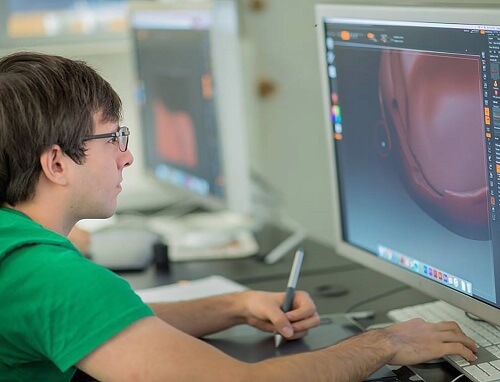
Research is an endeavor to educate, innovate and transform.
We will keep promoting and encouraging cutting edge ways of transforming the classroom experience through innovation inside and outside the classroom, and improving faculty experience and expertise in order to create a community of experts in change.
